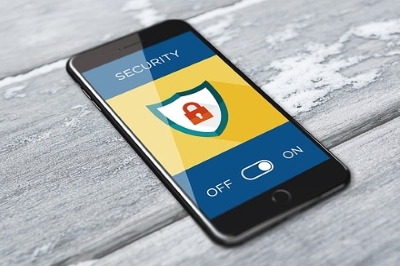
The University is entrusted with large amounts of confidential and personal data vital for our services. Things you do to protect our data may very well help to protect your personal information as well.
For information on each of these, check out the following sections.

University information is classified into four high-level categories:

Prior to the adoption of any new third-party service a risk assessment is required to be undertaken by the ISTS Cyber Security team. This ensures that the business owner of the service acknowledges the risks involved in storing University data in an external system.
Cyber Security risk assessments are mainly driven by the University's Risk Management Framework and Information Security Policy to ensure that organisational and legistative obligations are adhered to.
Click on the links below for further information.

With an increasing amount of sensitive data being stored on personal devices, the value and mobility of smartphones, tablets, and laptops make them appealing and easy targets. These simple tips will help you be prepared in case your mobile device is stolen or misplaced.

It's important to understand where your data is stored and what requirements you need to follow for different data classifications to comply with UniSA policies and government legislation. Staff and researchers should be particularly aware of their responsibility when storing confidential information and/or research data.
The University provides a range of data storage solutions for meeting different storage requirements and can help ensure you are choosing an appropriate solution for your data.

Staff, students, and other individuals with access to UniSA information should understand UniSA's information security policies and guidelines and the importance of having good work practices that follow them. This helps reduce the possibility and effects of potential data breaches.
In addition to keeping soft copies of the University's data secure, staff and students should be aware of hard copies. Hard copies containing Confidential or Restricted information should be kept to a minimum and stored securely when not in immediate use. They should be shredded or placed in confidential bins once no longer needed.